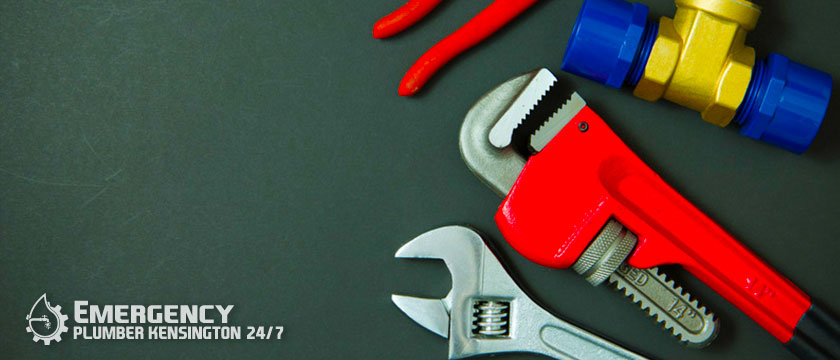
20 Jan. 22
Removing Rust Stains from Your Sinks, Tubs, and Toilets
If you’ve ever turned on your bathroom or kitchen faucet to find that what was once clear water has turned a sickly brown color, you may have rust. Rust is formed when iron comes into contact with water and oxygen.
Rust usually comes from your plumbing, either internally or externally. Water sediment, construction damage, rusted pipes, and/or a serious break in your water main are all common examples. The first step is to identify the source of your rusty water. Once you’ve identified the source, you can proceed with the repairs. Rusty water is not only unpleasant, but it can also be harmful to your health.
Here, we’ll give you some pointers to help you quickly identify the source of your rusty water.
Rust’s Effects on Water
Corrosion is a widespread issue that wreaks havoc on water supplies in both urban and rural areas. Metal will be slowly but steadily dissolved by chemical processes. When this happens, water-using equipment begins to deteriorate. If not treated, fixtures and plumbing pipes will corrode and eventually fail.
Lead and copper are extremely hazardous to your health; they can enter your drinking water supply and make you very sick if you consume them. Long-term lead and copper exposure causes high blood pressure, kidney and liver problems, and other health problems. When children are exposed to lead and copper, they can develop mental and physical developmental issues.
If your water appears discolored, smells or tastes strange, you may have rust in your pipes. Stains on your plumbing fixtures are another indication that you are dealing with rust. Stains are typically greenish-blue in color and can be found at the joints of your copper piping and/or in your bathroom and kitchen sinks.
Holes in your metal pipes can cause water leaks in or on your ceiling, floor, and walls. Rust-based holes can start as small as a pin, but if left untreated, they will quickly grow in size.
Where does it come from?
Your rusty water issue could be coming from the public water supply or from within your property’s plumbing system. You’ll need to go to the fixture where you first noticed the problem to figure out where it’s coming from.
After that, fill a clean, empty glass halfway with cold water. After that, examine your water sample for discoloration and metallic odors. After you have checked the sample, you must test a second sample.
However, this time, you should let the cold water run for 10 seconds before refilling the glass. You will then need to collect a third sample, but this time let your hot water run for 10 seconds instead.
If you only notice rust in your hot water sample, your rust source is most likely your home. Alternatively, if the water sample appears clean after running it for a few seconds, the rust source is most likely your property.
However, if the water still appears rusty after running one or both taps, the problem is most likely with your local water authority. Please contact the appropriate authorities as soon as possible to report the problem, as rusty water can be extremely dangerous.
If the rusty water only comes from the cold tap, the source is most likely corroded pipes in your home’s plumbing system. However, if the rusty water only appears from your hot tap, the problem is most likely a rusted water heater.
To summarize, rusty water can be caused by a break in the local water main, corroded pipes, construction damage in the area, and/or sediment in your water supply.
How to Solve the Issue
If the cause of your rusty water is too much iron in your water supply or well water, you will need to solve the problem through filtration. You can use a filter to remove contaminants and iron, both of which can cause stains.
Some people may use a water softening device to remove manganese and iron. However, such devices are frequently overwhelmed by excess contaminants and must be treated with a special additive in due course.
Instead, we recommend that you install a highly specialized filter. Manganese and iron sediments should be removed by the special filter before they reach your softener. Alternatively, instead of using a conventional filter, you can simply use an iron-removal filter.
There are alternatives if you absolutely do not want to use a water softener. You can, for example, install filters designed for your main supply line. By installing such filters, your entire property will benefit from thorough cleaning.
If you prefer to target individual filters, you can also install filters onto supply lines. The amount of work required will be determined by the severity of the problem. An experienced plumber and blocked toilet kensington experts will be able to locate the source of your rusty water quickly. They will then provide the best solution so that you can resume enjoying clean, odorless water for drinking, cooking, and cleaning. If your rusty water problem is caused by something outside of your home, you should contact your local water company as soon as possible.


